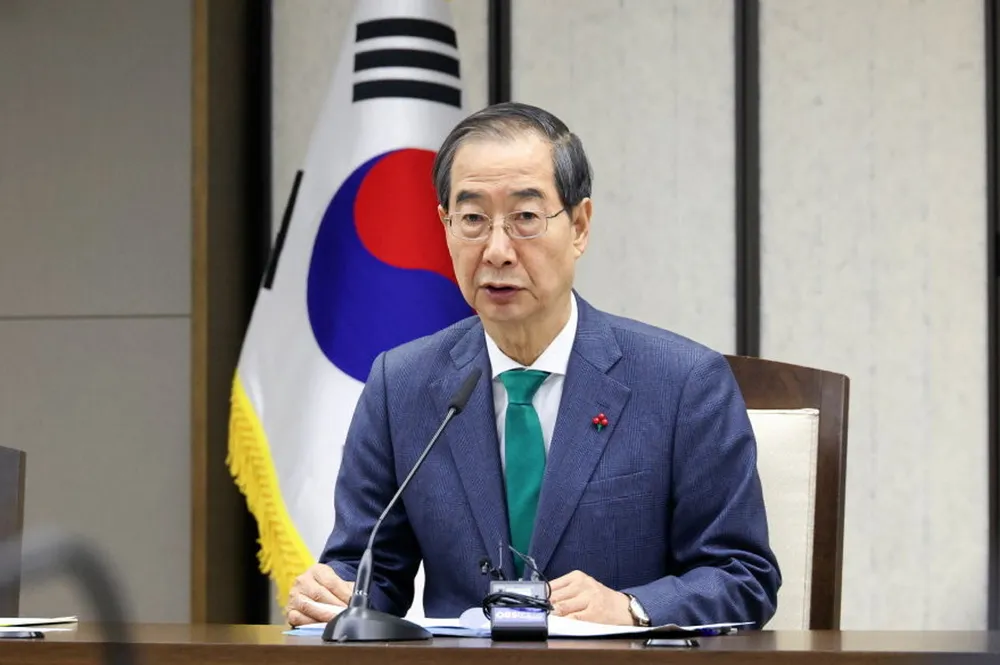'Greater speed' | South Korea to expand 'tax support' for clean hydrogen and increase domestic production
New announcements suggest country will introduce US-style H2 tax credits next year

New announcements suggest country will introduce US-style H2 tax credits next year
